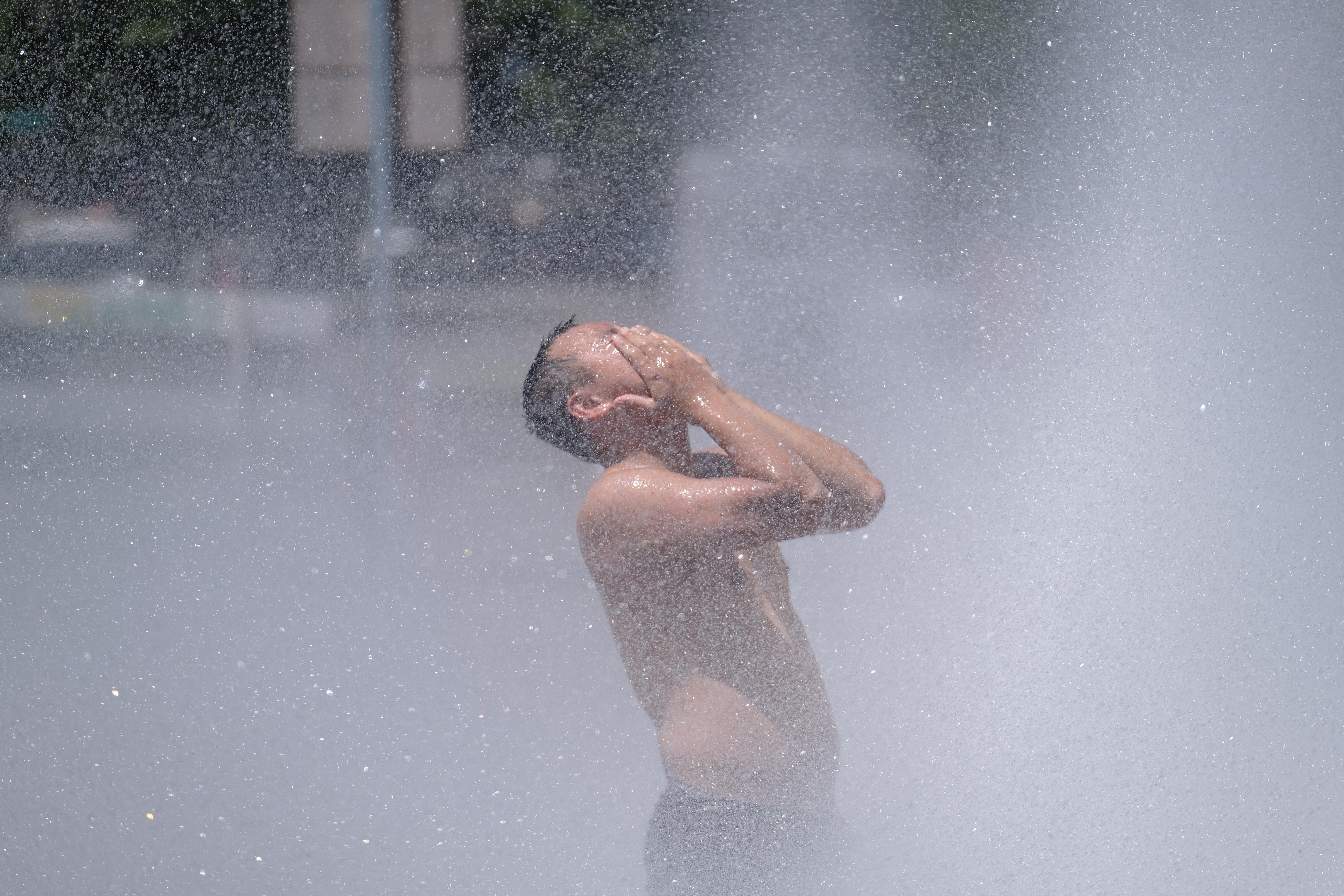Global heat wave: In much of the world, the past few days have been an absolute scorcher. Temperatures in the normally damp, temperate US Pacific Northwest soared to records of 115 degrees Fahrenheit or more. Further north in Canada's British Columbia, the mercury climbed to 121, causing dozens of deaths. In remote reaches of Siberia, satellites recorded a mark of 117 degrees. Yes, you read that right: 117 degrees in Siberia. Typically toastier parts of the world have suffocated under unusual heat too: temperatures broke 120 in Southern Iraq this week, just as the region is struggling with widespread power outages. Experts say that although massive heatwaves are perfectly natural, climate change makes them more likely to occur and more intense when they do. In other words: the drastic effects of climate change aren't off in the future somewhere; they are here, right now. Will this hot spell light a fresh fire under efforts to tackle climate change ahead of the next UN climate change summit in Glasgow this fall? We're sweating out that answer along with the rest of you.
Indonesia on COVID brink: Indonesia, the world's fourth most populous country, is teetering on the edge of a COVID "catastrophe." On Tuesday, the country reported almost 20,500 new infections, its highest daily rate since the pandemic began. The Red Cross says the nation's health system could soon collapse as the more infectious Delta variant threatens the supply of hospital beds and oxygen. Indeed, in recent days the price of an oxygen tank has almost tripled to $140, way more than most Indonesians can afford. To make matters worse, only 5 percent of Indonesians have been fully vaccinated, mostly with China's Sinovac jab, which is as effective as other vaccines against COVID death and severe illness but less so to prevent contagion. Although some experts are blaming the rising cases and the deaths of at least 10 fully inoculated doctors on Sinovac, the Indonesian government has no plans to suspend its use for now. President Joko Widodo has already delayed opening up the island of Bali to international tourists, but he has yet to decide on imposing another national lockdown that could further damage Indonesia's already fragile economy.
Lebanese economic hell: For many Lebanese, their country has become "unlivable." In what used to be an oasis of modernity and prosperity in the otherwise troubled Middle East, people now face shortages of almost all basic products, most of which they can hardly afford even when available due to hyperinflation. Power outages are now frequent, and the government's sudden decision to cut subsidies on Tuesday increased fuel prices overnight by one-third. As we've written before, the current mess is a direct result of a severe economic crisis that started in late 2019 as a result of decades of corruption and mismanagement. It was then turbocharged by the fallout from the August 2020 Beirut port explosion, which left Lebanon without a functioning government. Since then, things have only gotten worse with no end in sight. The Lebanese are now venting their anger by fighting each other at gas stations and attacking bank staff. But they've been protesting for 20 months with little to show for it: the same politicians that got them here still hold power, and their latest plan to fix Lebanon's economic ills is… more subsidies.
